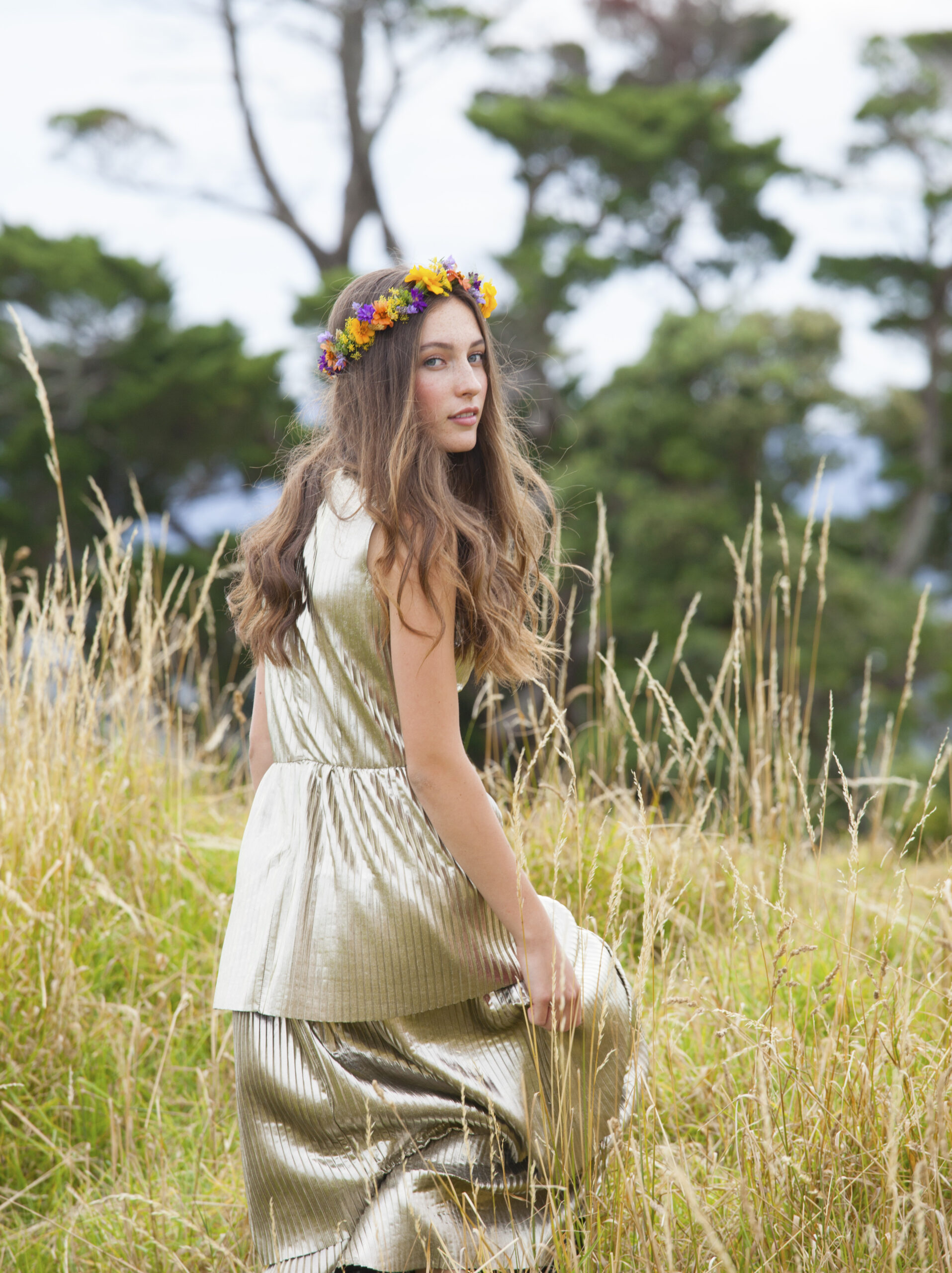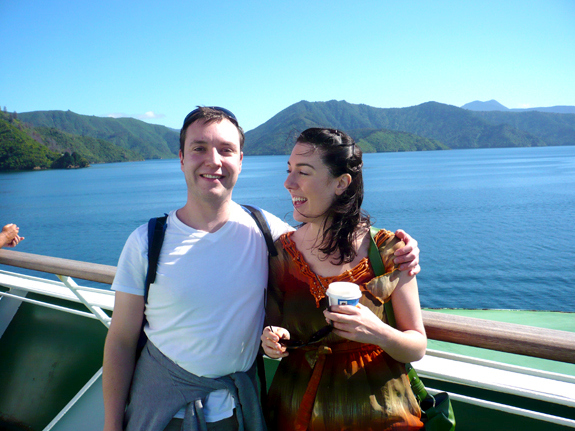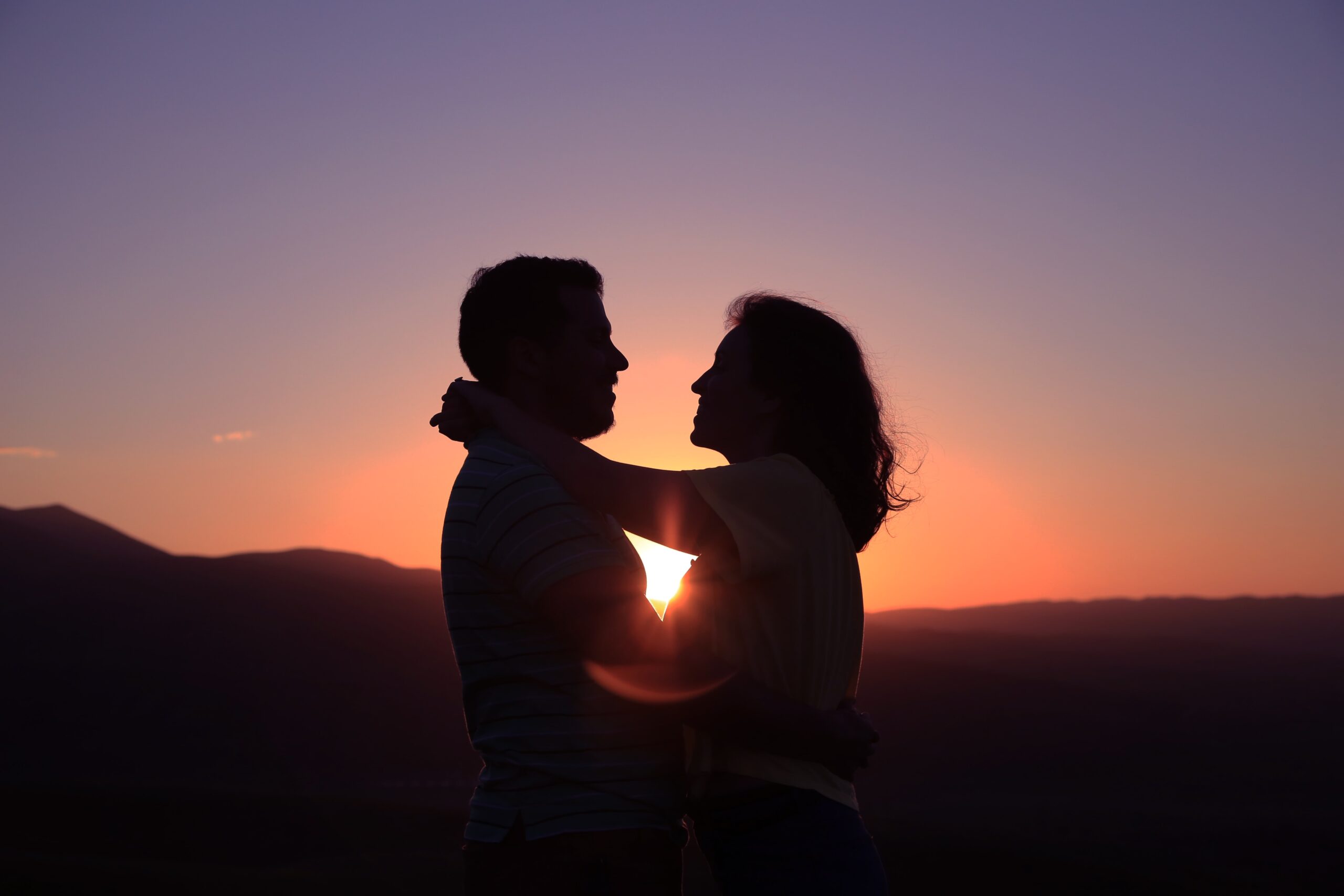There’s something to be said for seeing the world through the eyes of a child – experiencing awe inspires personal growth.
Words Kyra Xavia. Photography Sara Orme.
Never before have we needed the enigmatic emotion of awe in our lives as much as we need it now. Not only is a sense of wonder a potent remedy for 21st century living and a general tonic that helps us thrive – according to research, experiencing awe may be one of the fastest and most powerful methods of personal change and growth.
While its many benefits are worth exploring, what needs to be shared is how easy it is to cultivate and experience awe. It’s also highly contagious (in a very good way), plus it’s free. This means every single one of us can significantly enhance our life with a few simple steps (more on this later).
Neuropsychologist Paul Pearsall defined awe as an “overwhelming and bewildering sense of connection with a startling universe that is usually far beyond the narrow band of our consciousness”.
The emotion usually occurs when we feel great appreciation for the beauty around us, but it can also be triggered in response to art, celebrations, dance, meditation, music, rituals, religious gatherings, storytelling and worship. The experience may be as focused as a parent looking at the world in wonder through their child’s eyes, or as nebulous as being transfixed by sound, light and colour, or as vast and encompassing as stargazing. Even watching a selfless act by a complete stranger can inspire awe.
While other positive feelings, such as joy and gratitude are signalled by smiling, awe is different. Instead, we responds with wide eyes, raised eyebrows, a dropped jaw and a gasp. Researchers think these physical reactions facilitate complex processes in the brain via enhanced physical arousal and visual perception. Our system literally opens up and expands to take in the magic. We also identify awe by the physical sensations of skin flushing, hair-raising goose bumps and spine tingling, as well as the amplified pleasure we feel – all of which signal something special is happening.


Some call this state “being in the flow,” where the senses are heightened, awareness is fully engaged and time ceases to exist. Others refer to it as extasis; a state of ecstasy.
Quite simply, awe makes us feel humble and aware of something much larger than ourselves, while at the same time, our horizons are widened and our consciousness elevated so life becomes more satisfying, purposeful and enriched.
As varied as the triggers can be, and as unique as our responses are, one thing is undeniable – awe brings out our best.
Social psychologist Jennifer Aaker explains, “Awe can transform people and reorient their lives, goals, and values. The emotion makes us feel small, not larger than life, the way happiness can. When you feel small, there’s a reapportioning of what’s out there,” she says.
Unlike excitement, elation and optimism, which bubble through the body and disperse, awe runs deep and its effects can be lasting because it has the power to profoundly alter our mindset. This explains why we often describe such experiences as “earth-shattering”, “out of this world”, or “mind-blowing.” And it’s not just our frame of reference that evolves. Studies indicate awe also helps us to process problems and arguments more deeply too, and as the emotion prompts us to think in ways that transcend the self, focus moves from inward scrutiny and isolation, to an outward sense of acceptance and connection.
One particular cognitive shift is termed the “overview effect” – a life-changing experience reported by astronauts and cosmonauts upon seeing the Earth from space for the first time.
Astronaut Edward Gibson explains, “You see how diminutive your life and concerns are compared to other things in the universe… The result is that you enjoy the life that is before you… It allows you to have inner peace.”
Although the overview effect is well documented, we can easily experience awesome moments wherever we are, and they don’t have to be rare or grand.
Just by focusing attention, we can be captivated by the moment. This expands our perception of time so it slows down, and when we feel time-rich and present, marvellous things happen.
For instance, awe facilitates altruistic, caring and kind behaviour. We are happier to make sacrifices because we’re invested in the welfare of others and concerned about the greater good. Furthermore, we tend to favour sensory experiences over material pursuits and possessions. A sense of reverence also makes us more adaptive, creative, curious and solution focused, and less selfish and impatient. Such benevolent pro-social behaviour encourages goodwill, fosters friendship and strengthens society, all of which boosts wellbeing, individually and collectiveness.
New Zealand’s majestic landscape is rich in myth and legend, and wonderment is woven into every Kiwi’s fabric, so it’s no surprise we have remarkable artists, educators, explorers, researchers and storytellers in our midst.
One of them, Dame Suzie Montcrieff, has made the celebration of awe her life’s work, and thanks to her vision, every year, thousands of people are inspired by the World of Wearable Arts extravaganza.
“Many of us live in a fast-paced materialistic world with pressures and deadlines so it’s easy to lose a sense of wonder,” she says. “Yet awe is the foundation for a healthy emotional life. WOW gives people from all backgrounds and walks of life the opportunity to enter a fantastical realm where they can discover their own creativity and witness, too, the changes this experience has on others.”
Finally, awe can transform stress into motivation for growth, and help us find meaning and peace of mind during our most challenging times.
We can all have rich lives filled with breath-taking, eye-opening, jaw-dropping moments and it starts with something as simple as stopping to smell the roses.
• Embrace your inner child and look at the world with innocence and curiosity
• Engage your senses
• Play make-believe
• Partake in random acts of kindness
• Mindfully slow down and learn to linger
• Master single tasking – give your full attention to just one thing
• Limit your to-do list to only three items a day
• Discover the power of silence, stillness and space
• Plant seeds and watch them grow







